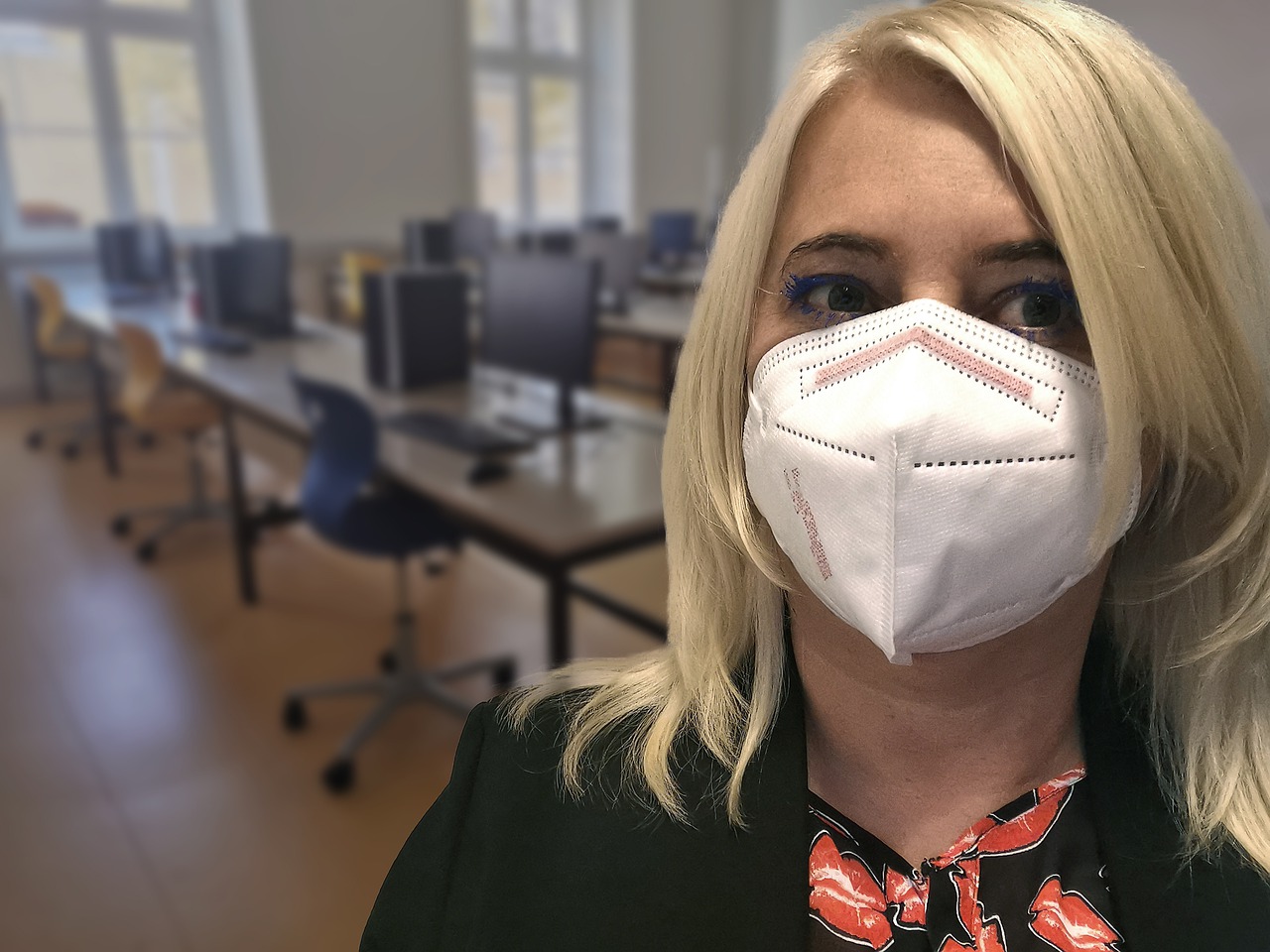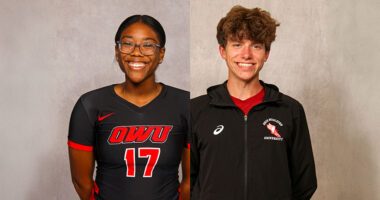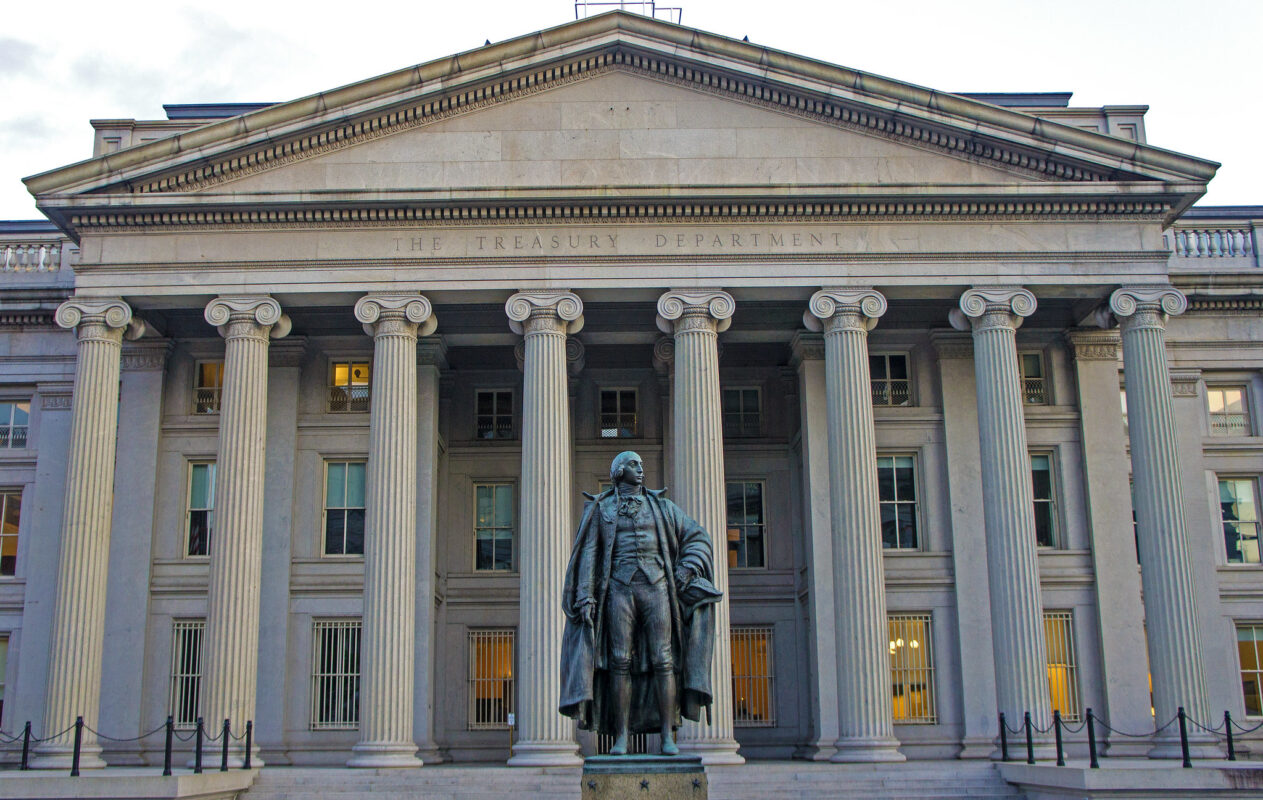Special to 1808Delaware
By Cole Hatcher
Ohio Wesleyan University’s 2020-2021 Sagan National Colloquium will explore how the liberal arts contributes to the best business ideas, and how business can enable people to pursue what they love and also create positive social change.
Titled “The Intersection of the Liberal Arts and Business,” the series of free, public presentations is designed to resonate with a wide audience, said Matt Vollrath, director of this year’s colloquium and an OWU assistant professor of business administration.
“If you are interested in literature or ecology, marketing or theology, economics or psychology, this series has something for you, said Vollrath, D.B.A.
“We are trying to draw attention to topics that illustrate why business students must seek knowledge beyond their discipline, and why non-business students should view business as relevant to theirs,” he said, noting that the colloquium celebrates the 100th anniversary of business classes at Ohio Wesleyan. “People need to understand that business is a fundamental force shaping our society, and that they have the opportunity to engage with it in exciting and positive ways.”
All colloquium lectures will begin at 7 p.m. EST, unless otherwise noted, last for an hour, and be presented online. Pre-registration is required for each virtual lecture at owu.edu/snc.
Scheduled topics and presenters for “The Intersection of the Liberal Arts and Business” Sagan National Colloquium are:
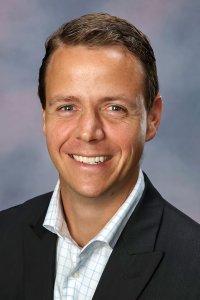 February 10 – “Widen Your Lens: Why MBAs Need Melville and Startups Need Shelley.” Robert Lloyd, D.B.A., a management professor at Fort Hays State University in Kansas, discusses why he incorporates classic literature into his business classes and how students and business leaders can train themselves to use literature as a source of insight and competitive advantage.
February 10 – “Widen Your Lens: Why MBAs Need Melville and Startups Need Shelley.” Robert Lloyd, D.B.A., a management professor at Fort Hays State University in Kansas, discusses why he incorporates classic literature into his business classes and how students and business leaders can train themselves to use literature as a source of insight and competitive advantage.
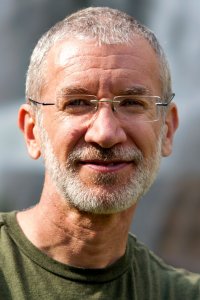 February 16 – “Business and the American Landscape.” Ted Steinberg, Ph.D., a history professor at Case Western University in Cleveland and author of “Down to Earth: Nature’s Role in American History,” discusses how business has shaped the United States’ physical landscape historically, and today.
February 16 – “Business and the American Landscape.” Ted Steinberg, Ph.D., a history professor at Case Western University in Cleveland and author of “Down to Earth: Nature’s Role in American History,” discusses how business has shaped the United States’ physical landscape historically, and today.
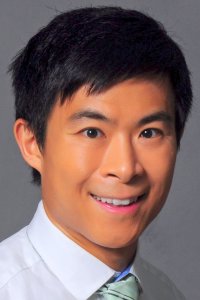 Noon February 18 – “Purpose, Profit, and the Responsibility of Business.” Alex Edmans, Ph.D., a finance professor at London Business School and the author of “Grow the Pie: How Great Companies Deliver Both Purpose and Profit,” discusses the role of business in today’s society and whether business realistically can serve a social purpose and deliver a profit, too.
Noon February 18 – “Purpose, Profit, and the Responsibility of Business.” Alex Edmans, Ph.D., a finance professor at London Business School and the author of “Grow the Pie: How Great Companies Deliver Both Purpose and Profit,” discusses the role of business in today’s society and whether business realistically can serve a social purpose and deliver a profit, too.
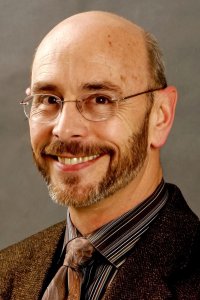 March 2 – “Artificial Intelligence in Marketing: Current Practice and Ethical Considerations.” Jim Sterne, author of “Artificial Intelligence for Marketing,” discusses how AI is being used in business today, and what ethical questions business leaders must consider as they implement AI tools.
March 2 – “Artificial Intelligence in Marketing: Current Practice and Ethical Considerations.” Jim Sterne, author of “Artificial Intelligence for Marketing,” discusses how AI is being used in business today, and what ethical questions business leaders must consider as they implement AI tools.
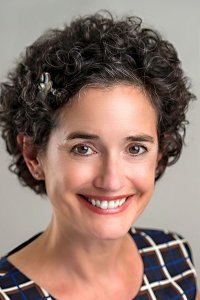 March 18 – “Racial Integration in Corporate America.” Jennifer Delton, Ph.D., a history professor at Skidmore College in New York and author of “Racial Integration in Corporate America,” will discuss how some businesses led the way in creating an integrated society in the era before the Civil Rights Act.
March 18 – “Racial Integration in Corporate America.” Jennifer Delton, Ph.D., a history professor at Skidmore College in New York and author of “Racial Integration in Corporate America,” will discuss how some businesses led the way in creating an integrated society in the era before the Civil Rights Act.
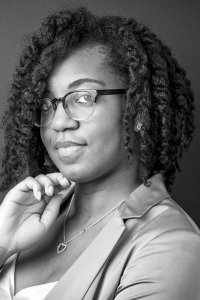 March 22 – “The Detroit Hustle: Creating New Ecosystems for Entrepreneurship.” Courtney McCluney, Ph.D., an assistant professor of organizational behavior in the ILR School at Cornell University, discusses her research in Detroit’s entrepreneurial ecosystem and how the work of entrepreneurial support organizations can promote equity and inclusion for Black women entrepreneurs.
March 22 – “The Detroit Hustle: Creating New Ecosystems for Entrepreneurship.” Courtney McCluney, Ph.D., an assistant professor of organizational behavior in the ILR School at Cornell University, discusses her research in Detroit’s entrepreneurial ecosystem and how the work of entrepreneurial support organizations can promote equity and inclusion for Black women entrepreneurs.
 March 25 – “Faith and Work.” Miroslav Volf, D.Theol., a professor of theology at Yale University and author of “Work in the Spirit,” discusses what religion has to teach us about the role of work in our lives and what it means to work well.
March 25 – “Faith and Work.” Miroslav Volf, D.Theol., a professor of theology at Yale University and author of “Work in the Spirit,” discusses what religion has to teach us about the role of work in our lives and what it means to work well.
 March 29 – “Women in Entrepreneurship.” A panel of women entrepreneurs discusses the opportunities and challenges they face in their work and how they address them. Scheduled panelists are Kara Trott, founder and CEO of Quantum Health; Sonya Trent-Pellom, founder and CEO of Exquisite Wines and Cigars; Suzan Kounta, co-founder of Thiossane West African Dance Institute; and Barbara MacLeod, Ohio Wesleyan professor of business administration and active angel investor.
March 29 – “Women in Entrepreneurship.” A panel of women entrepreneurs discusses the opportunities and challenges they face in their work and how they address them. Scheduled panelists are Kara Trott, founder and CEO of Quantum Health; Sonya Trent-Pellom, founder and CEO of Exquisite Wines and Cigars; Suzan Kounta, co-founder of Thiossane West African Dance Institute; and Barbara MacLeod, Ohio Wesleyan professor of business administration and active angel investor.
 April 7 – “Nature-Inspired Innovation: How Biomimicry Can Lead to Radical Business and Sustainability Advancements.” Jared Yarnall-Schane, entrepreneurship director for the Biomimicry Institute in Bloomington, Indiana, discusses how studying biology and other natural sciences can lead to business breakthroughs.
April 7 – “Nature-Inspired Innovation: How Biomimicry Can Lead to Radical Business and Sustainability Advancements.” Jared Yarnall-Schane, entrepreneurship director for the Biomimicry Institute in Bloomington, Indiana, discusses how studying biology and other natural sciences can lead to business breakthroughs.
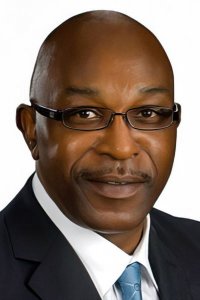 April 22 – “Billy Vickers: Building One of the Largest Black-Owned Businesses in the Nation.” Vickers, founder and CEO of Modular Assembly Innovations, discusses how his philosophy of servant leadership and seeking a diversity of perspectives has helped him build one of the largest black-owned companies in the country.
April 22 – “Billy Vickers: Building One of the Largest Black-Owned Businesses in the Nation.” Vickers, founder and CEO of Modular Assembly Innovations, discusses how his philosophy of servant leadership and seeking a diversity of perspectives has helped him build one of the largest black-owned companies in the country.
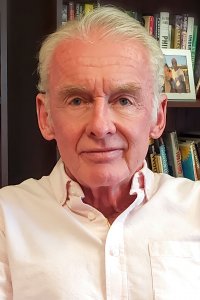 May 4 – “Manage Like a Coach.” Jay Martin, Ph.D., Ohio Wesleyan soccer coach and professor of Health and Human Kinetics, discusses what his coaching philosophy has to teach managers in the world of business.
May 4 – “Manage Like a Coach.” Jay Martin, Ph.D., Ohio Wesleyan soccer coach and professor of Health and Human Kinetics, discusses what his coaching philosophy has to teach managers in the world of business.
Vollrath said he hopes everyone learns something new and helpful during this year’s colloquium as they move forward in life.
“We hope this series encourages our students and the broader community to recognize how studying history, literature, physics – all the things we study here at OWU – gives students the perspectives, knowledge and skills to excel,” he said.
Learn more about Ohio Wesleyan’s Department of Economics and Business at owu.edu/economics and more about the 2020-2021 Sagan National Colloquium at owu.edu/snc.
About the Sagan National Colloquium
Established in 1984, the Sagan National Colloquium seeks annually to address in-depth an issue of national or global importance. The colloquium is funded by an endowment from 1948 OWU alumni Margaret Pickett Sagan and John Sagan, both deceased. Past colloquium speakers have included social activist Gloria Steinem, authors Barbara Ehrenreich and Kurt Vonnegut, Nobel Peace Prize winner Jody Williams, and former President Gerald Ford. Learn more at owu.edu/snc.

